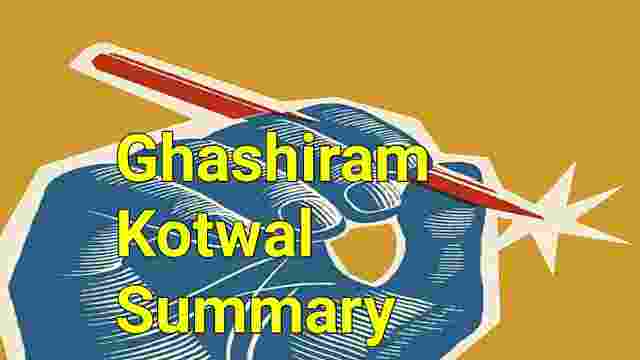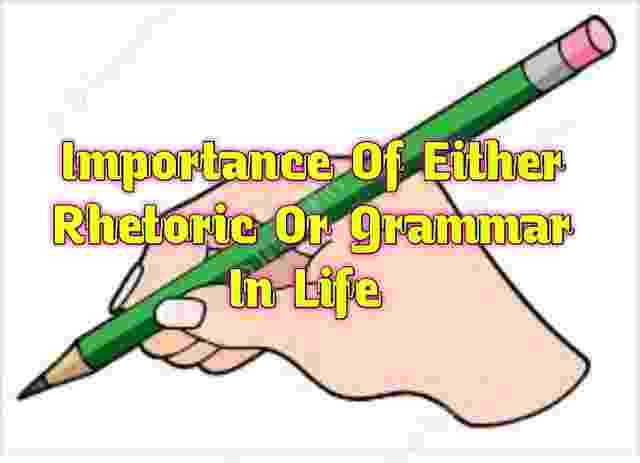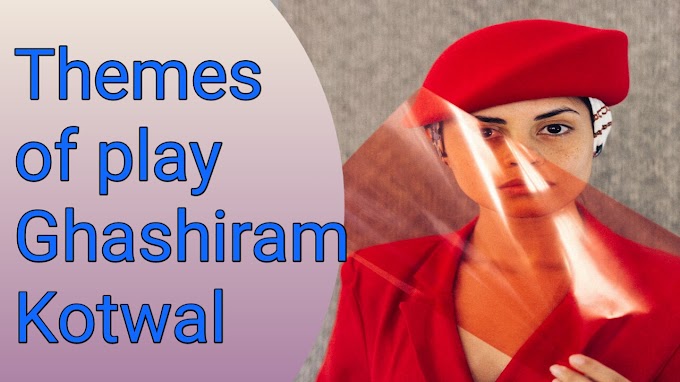Give a brief Analysis of the poem "The Vanity of Human Wishes".
Ans.“The Vanity of Human Wishes" has been considered to be a. ch.llenging poer. ever since it was first published in 1749. "The Vanity of Human Wishes" is an imitation of one of the Satires of the Roman poet Juvenal, whose works date to the first and second centuries. In this case, Johnson is building his poem on the framework provided by Juvenal's tenth Satire, a poem about the futility of human aspirations in the face of the indifference of nature and the gods. Both poems present a sequence of people who desire something-power, glory, fame, a long life-but who then inevitably discover that their wishes are hollow. The poem is more moralistic and philosophical, pondering the place of desire in human life. In this poem, Johnson replaces the particular examples that Juvenal uses with his own.
The poem's unrelenting exposition of the precariousness of secular hope as compared to a patient submission to the will of God is conveyed through an adjectival precision and a steadily reverberant rhythm. The Vanity of Human Wishes begins with: "Let Observation, with extensive view, Survey mankind from China to Peru; Remark each anxious toil, each eager strife, And watch the busy scenes of erowded life; Then say how hope and fear, desire and hate, O' erspread with snares the clouded maze of fate, Where wavering man, betray'd by venturous pride, To tread the dreary paths without a guide." So the poem begins with a serious reflection in which Observation is asked to survey man from China to Peru, giving the poem a wide comprehensive sweep right from the start. The poem then focusses its att ntion on "anxious toil", "eager strife" and the "busy scenes of life", and then highlights the abstract attributes of "hope", "fear", "desire" and “hate" and the clouded "maze of fate" afflicting the "wavering man". But this perplexed man is himself betrayed by Pride and therefore tries to make his progress on the paths of life without a "guide". This lack of a proper guide takes the reader to the very heart of the matter, for this “guide" has to be discovered as the poem unfolds itself. The poem then goes on to expose other problems that Man creates for himself: "How rarely Reason guides the stubborn choice Rules the bold hand, or prompts the suppliant voice.. But scarce observed, the knowing and the bold Fall in the general massacre of gold...."












0 Comments